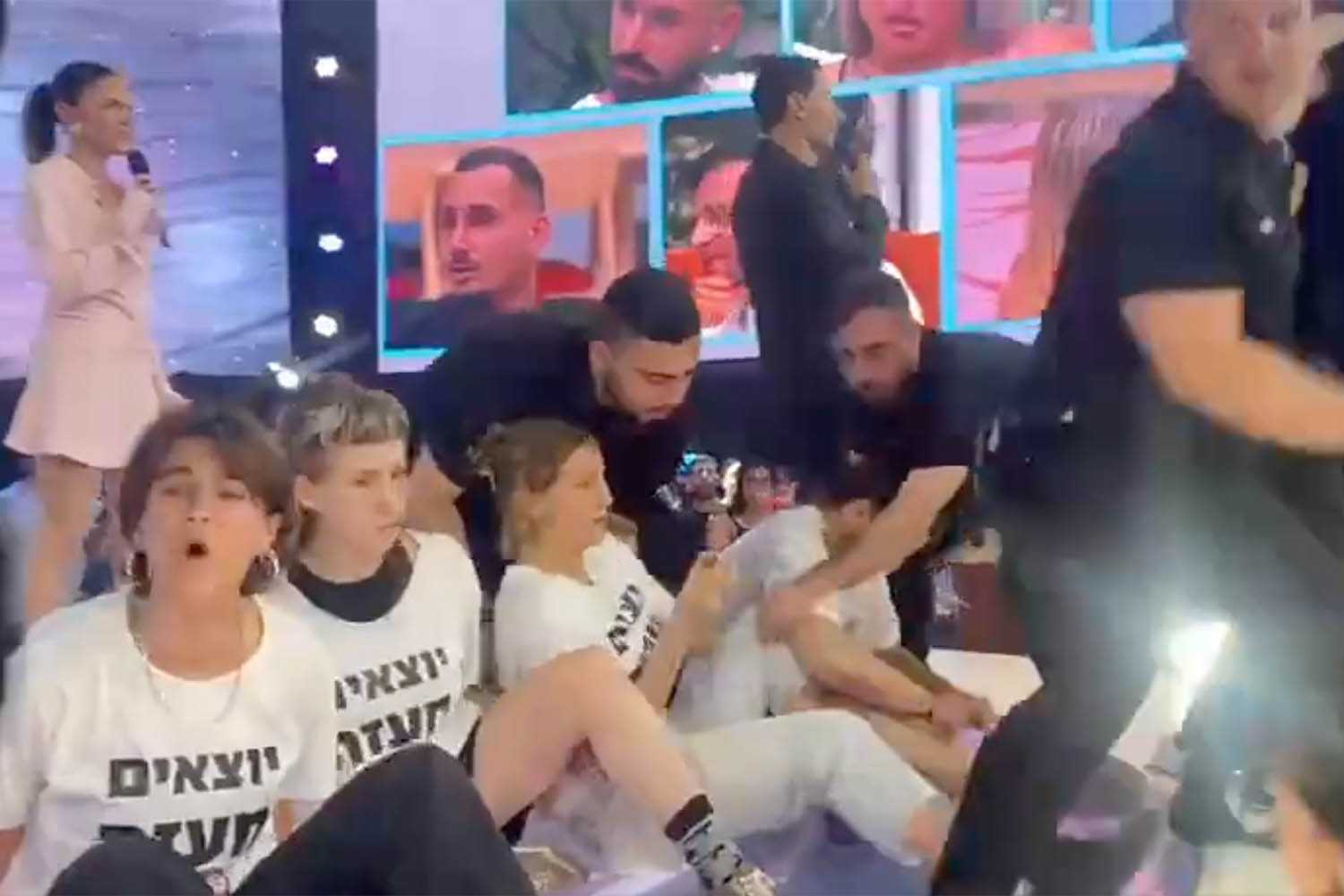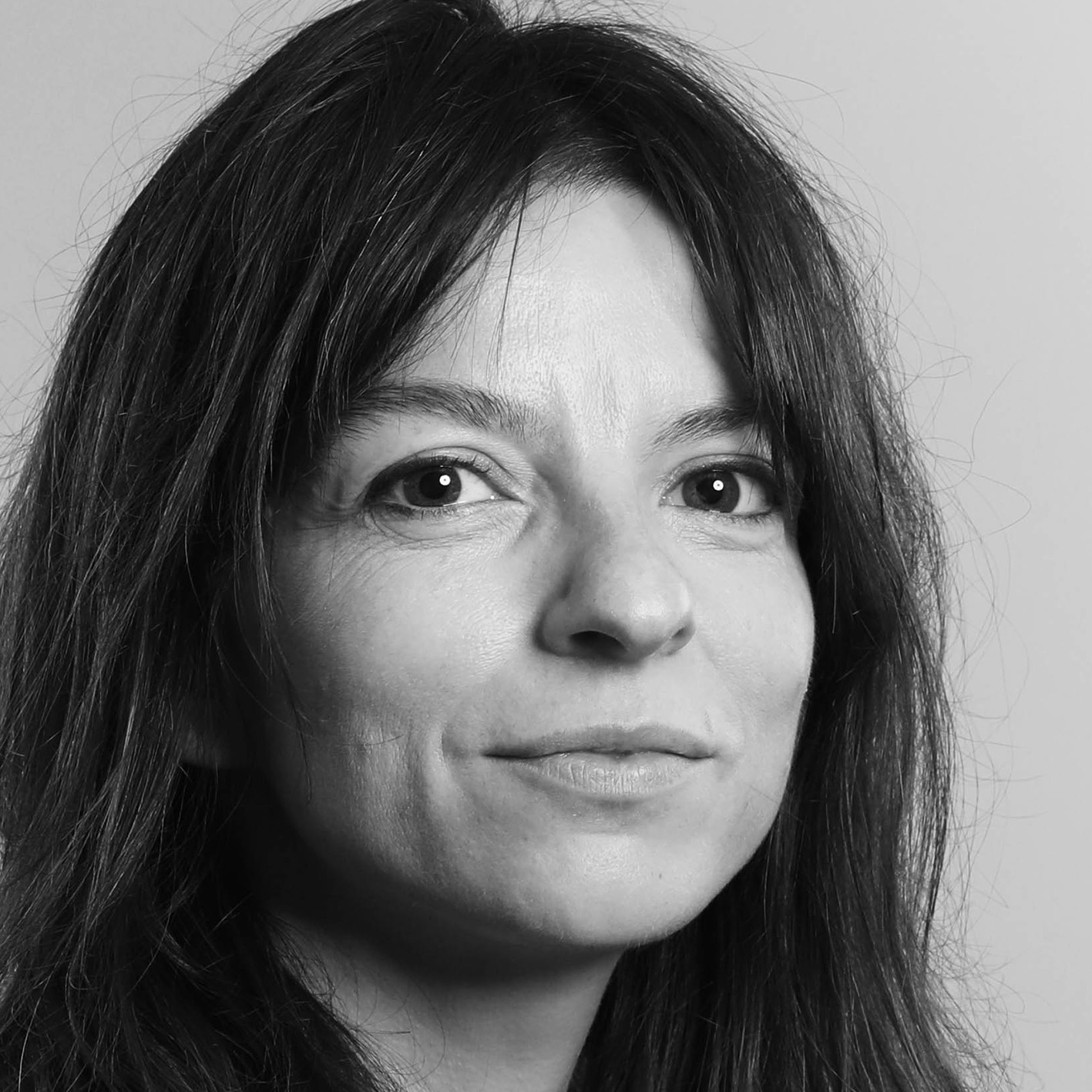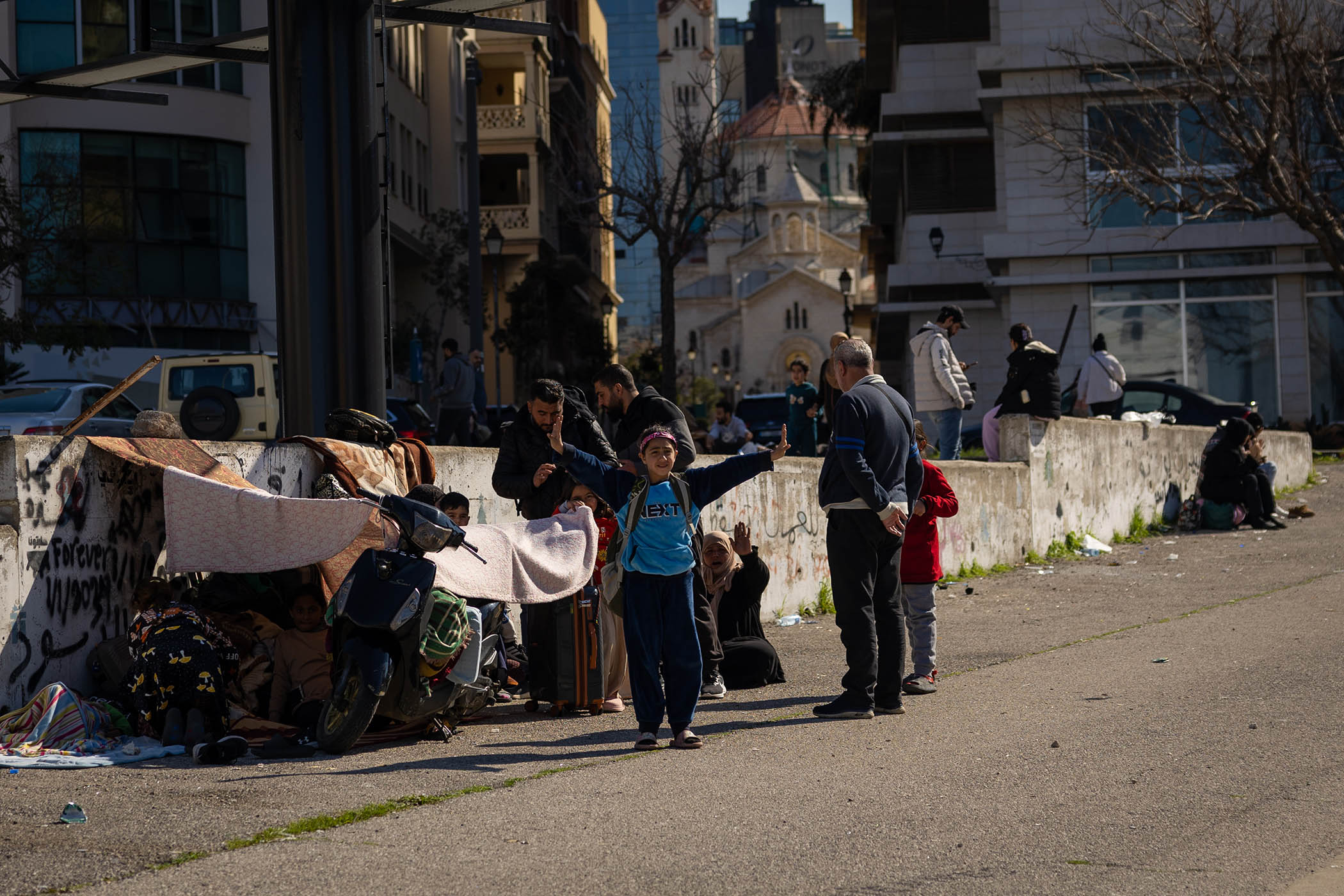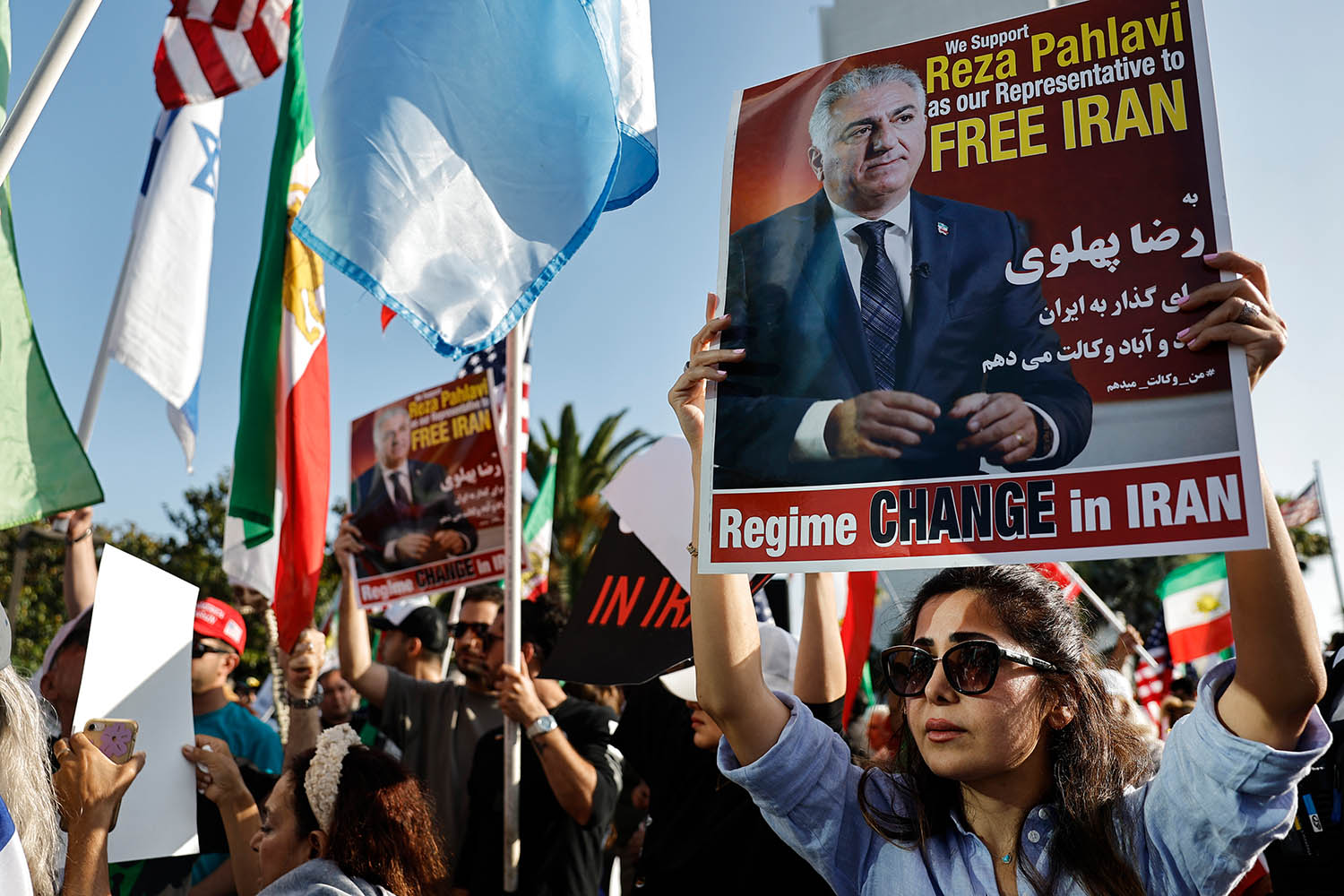The Israeli TV hosts were live on air for the Big Brother season finale last weekend, urging viewers to call in with their votes when several activists burst onto the stage shouting “Israel is starving Gaza!”
As security guards tackled the protesters, the presenters did their best to smooth over the disturbance, but it was too late: reality had intruded on reality TV.
“While the hostages are abandoned to their deaths and children are starving just an hour’s drive away from the Big Brother studios, the media is not telling the nation what is going on in Gaza and broadcasts to the citizens that everything is going on as usual,” read a statement from the Standing Together activist movement that was behind the protest.
‘Maybe it’s time to understand that this isn’t just a PR failure, but a moral failure’
‘Maybe it’s time to understand that this isn’t just a PR failure, but a moral failure’
Yonit Levi, Channel 12 news anchor
For nearly two years of war, Israeli media broadcasts have focused almost entirely on Israeli victims of the conflict, from the hostages and their families to fallen soldiers.
In recent weeks, however, a small but increasingly assertive minority of Israelis have been pushing Palestinian suffering into the picture as opposition to the war grows. Their aim: to break through a wall of indifference critics say has been enabled by the Israeli media’s failure to cover Gaza’s plight.
“If you think of the Israeli public as being isolated behind a dome that prevents them from knowing what’s going on, there have been cracks in the dome,” said Oren Persico, a staff writer for The Seventh Eye, an independent Israeli website devoted to journalism and freedom of the press.
At protests calling for an end to the war, which have long focused mainly on the plight of the remaining Israeli hostages held by Hamas, photographs of Palestinian victims are more visible than before. Prominent artists and academics have signed petitions condemning the violence being perpetrated in their name. Some mainstream media have addressed starvation in the territory.
The shift comes as questions mount over a military strategy that hasn’t achieved Israel’s stated aims of returning the hostages and eliminating Hamas. Prime minister Benjamin Netanyahu announced plans this month to expand the war in Gaza despite mounting domestic and international pressure to stop it.
Poll after poll has shown a large majority of Israelis support a deal to end the war – if only for the sake of the hostages, rather than the suffering of 2 million Palestinians trapped in Gaza. Israel has devastated the territory and killed more than 60,000 people, a third of them children. Many Israelis now believe Netanyahu is prolonging the war for his own political ends.
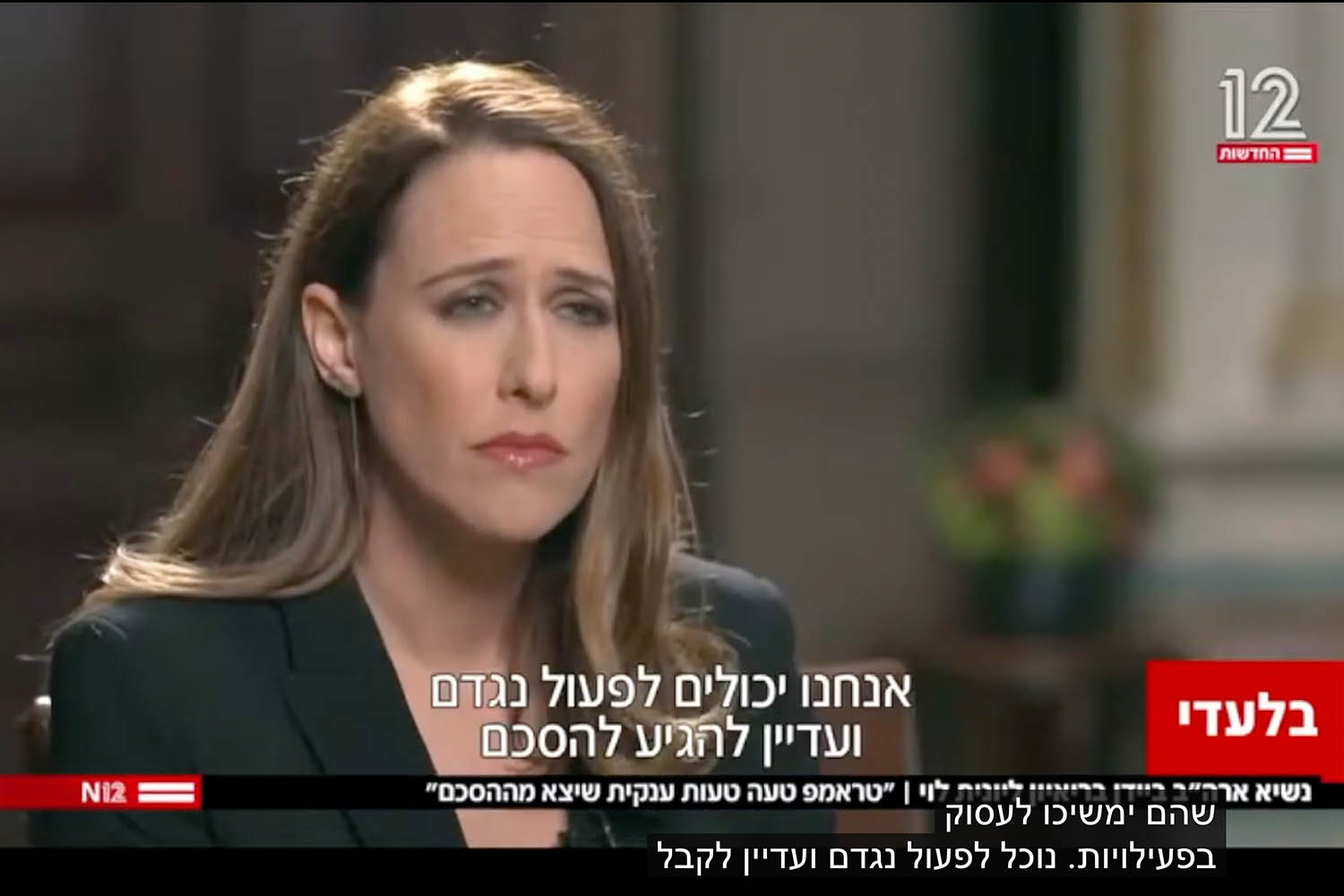
Channel 12’s evening news anchor Yonit Levi has questioned how the situation in Gaza is being covered
Faced with a government that is unresponsive to the street, anti-war activists are changing tactics.
A day after the Big Brother protest, 15 anti-war activists glued themselves to the floor of Ben Gurion International airport, spilling flour on the floor to symbolise starvation in Gaza. The stunts are grabbing the attention of mainstream Israeli media and forcing them to engage with the Palestinians’ plight, said Alon-Lee Green, co-director of Standing Together, a Jewish-Arab grassroots movement. “People need to understand that the average Israeli person doesn’t read the New York Times or watch CNN and the BBC,” says Green. “We already know that social media works with algorithms and works in bubbles.”
For a majority of Israelis – still immersed in the trauma of the attacks carried out by Hamas on 7 October 2023 – sympathy for Palestinians is in short supply. A poll conducted by the Israeli Democracy Institute found that nearly 80% of Jewish respondents weren’t personally troubled by suffering in Gaza. That view has hardened in the past fortnight, after Hamas released footage of two emaciated Israeli hostages – one of them digging his own grave in a dingy tunnel in Gaza.
There was a fierce backlash after more than 1,000 artists – among them leading Israeli musicians, writers and other cultural figures – signed a petition this month demanding an immediate end to the war and decrying the “killing of children and non-combatants, expulsion of the population and the senseless destruction of Gaza’s cities”.
The mayor of a city in southern Israel banned any of the signatories from performing there, denouncing them as “contemptible people”. A musician was dropped from a series of summer events until he retracted his signature. Several others pulled their names under pressure.
Actress and model Moran Atias said her blood boiled when she was approached to sign the petition, which didn’t blame Hamas. “Is it just our responsibility? This is really the antisemitic narrative,” she said on TV. Idan Amedi, an Israeli singer and actor on the popular show Fauda who was wounded while serving in Gaza, also accused fellow artists of spreading lies.
As hunger spread in Gaza last month, presenters on Israel’s second most-watched channel, which is popular with supporters of Netanyahu, devoted themselves to debunking reports in the international media. The hosts of one segment on Channel 14 joked with studio guests about a Palestinian mother featured in a CNN report suggesting she might have eaten her four-year-old daughter, who died of starvation.
But anti-war activists have continued to make their case. Outside the TV studios of Israel’s most-watched station Channel 12, a small group accosted journalists on their way to work, urging them to show the public the reality of what is unfolding in Gaza. “Enough with the self-censorship,” read one banner. “CEOs, editors and journalists: fulfil your journalistic duty and cover the humanitarian crisis in Gaza.”
The campaign provoked a heated discussion inside the Channel 12 newsroom, according to a leaked internal chat. Commenting on the protest outside, one journalist said it was “hard to connect” with the protesters’ message after listening to the accounts of Israelis who had endured Hamas captivity. Others pushed back, citing their journalistic duty to cover the truth: “Even if we don’t feel empathy, that is not the criteria,” wrote one member of the group.
Newsletters
Choose the newsletters you want to receive
View more
For information about how The Observer protects your data, read our Privacy Policy
Chief political commentator Amit Segal, who is widely considered one of Israel’s most influential journalists, weighed in to defend the IDF’s actions as legitimate, comparing the destruction of Gaza to the bombing of Dresden, Berlin and Tehran, before the chief executive of the channel shut the conversation down.
“Israelis have a long history of looking away from what the IDF is doing to Palestinians,” said Persico, pointing to decades of occupation of the West Bank. “If the media had done its job from day one – and if it would start doing its job from tomorrow – more people would not have the luxury of looking away.”
But maybe that’s beginning to change. Days after the protests outside Channel 12, its evening news anchor Yonit Levi ended a report on how hunger in Gaza was being covered around the world on a surprising note: “Maybe it’s time to understand that this isn’t just a PR failure, but a moral failure,” she said.
